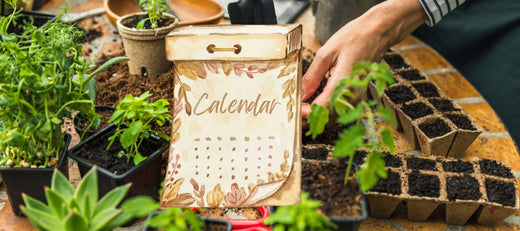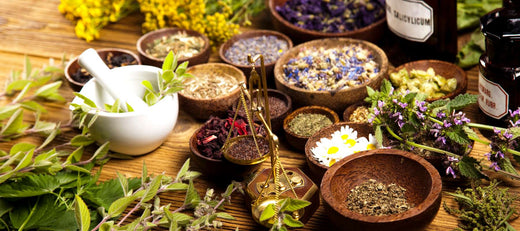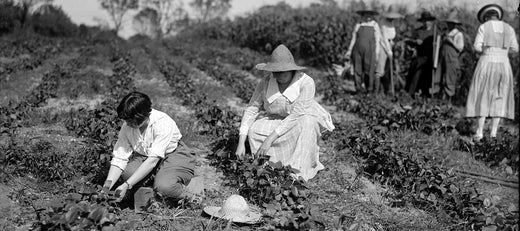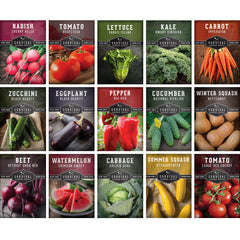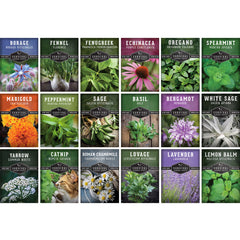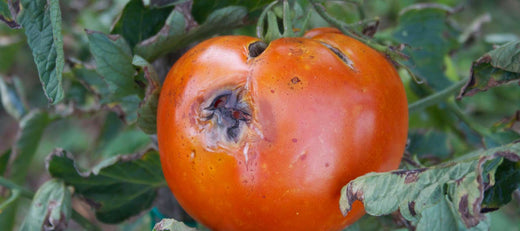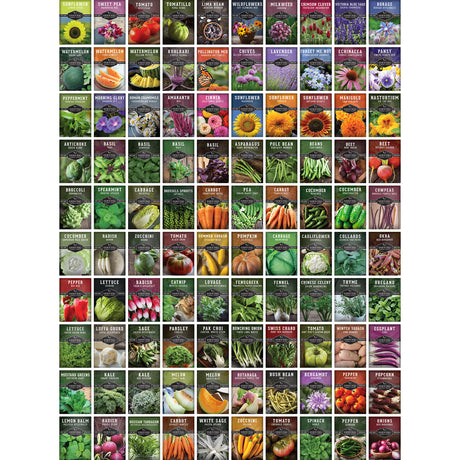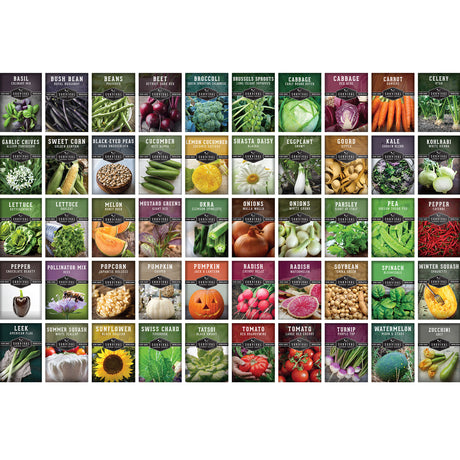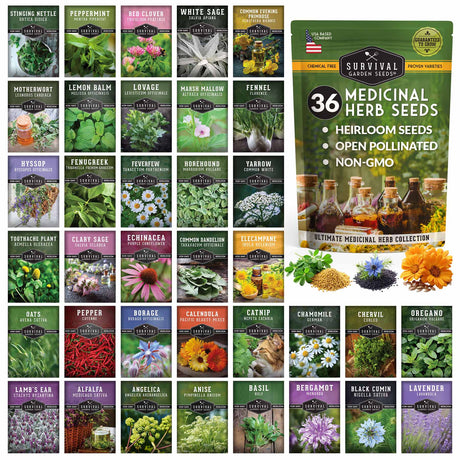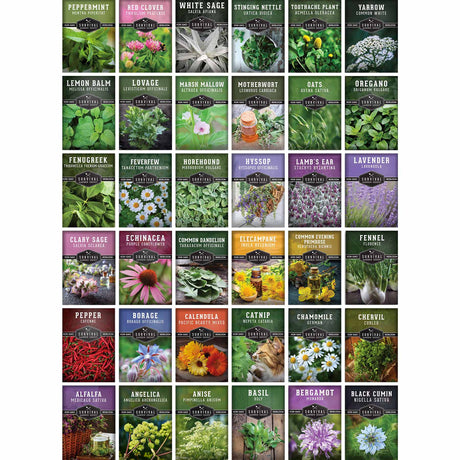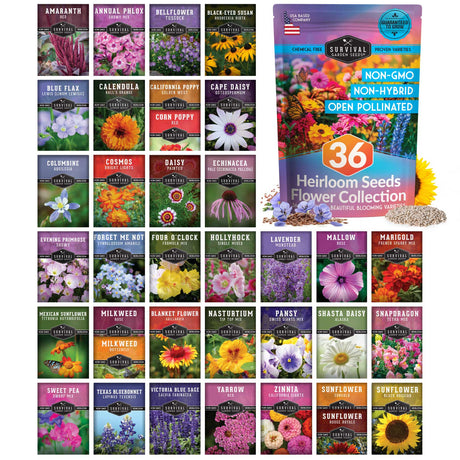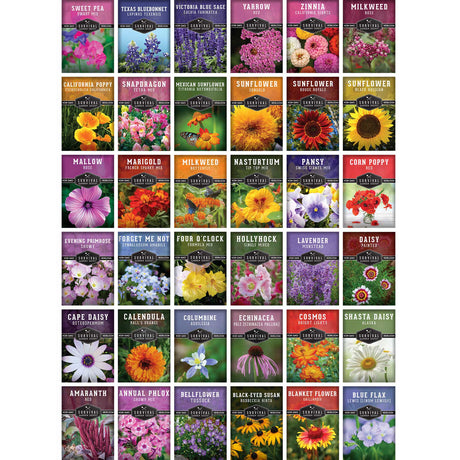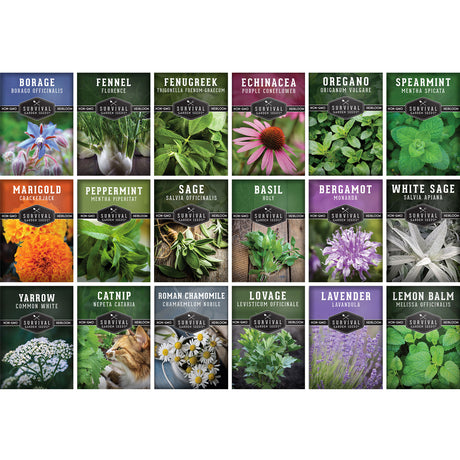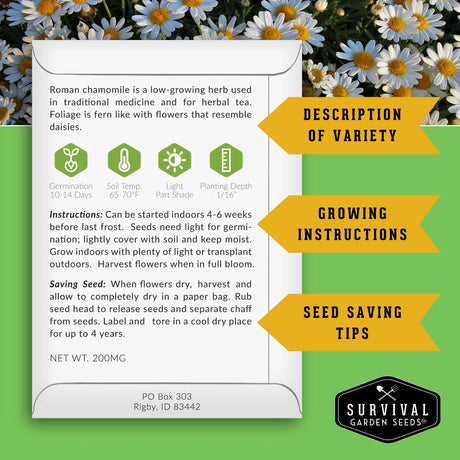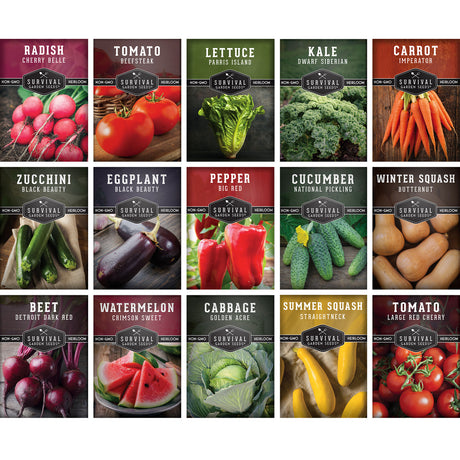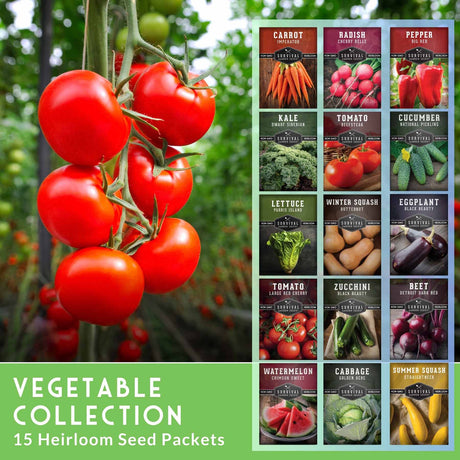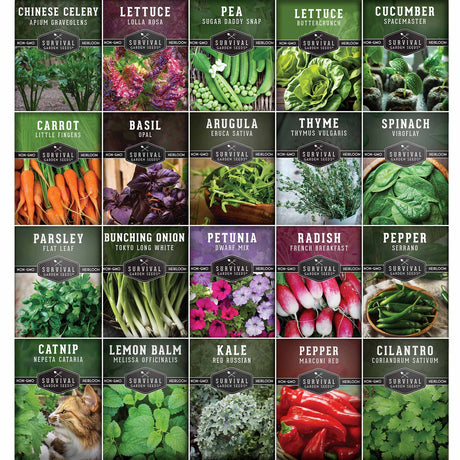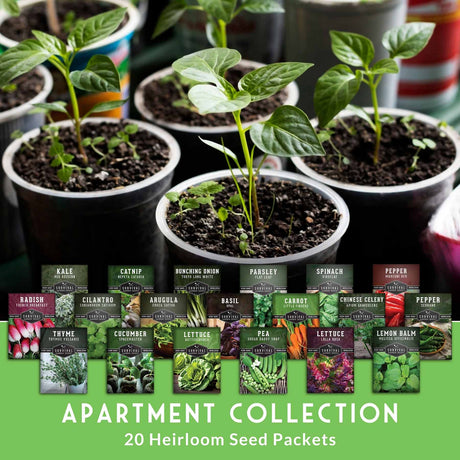As we approach the warmer months, we need to be on the lookout for plant diseases in our garden. There are a few things we can do to try to prevent these diseases from affecting our vegetables and herbs so that we can have healthy plants and a bountiful harvest.
Types of Plant Diseases
There are four types of organisms that primarily cause plant diseases: fungi, bacteria, viruses, and nematodes. These are often called pathogens or plant parasites. Fungi and bacteria are the most common and tend to occur when there is heavy moisture and the temperatures are warm. Viral diseases are usually spread by insects. Nematodes affect the plant root system, again, when the soil is warm, but they can feed on plant roots throughout the year.
You can greatly reduce the risk of these diseases by following some sound practices in preparing and maintaining your garden.
Site Location
For home gardeners, your site location options might be limited, but you want to do your best to ensure that the soil is well-drained. Excessive moisture is one of the primary causes of plant disease. A full-sun location can help to dry out the soil and prevent problems. You also want to make sure you have removed all remnants of previous plantings, especially if they were subject to disease.
Crop Rotation
Crop rotation is an important factor in keeping your plants disease-free. Repeatedly growing the same vegetable in the same location allows for disease build-up. You should only plant vegetables from the same or closely-related families in the same location once every 3 to 5 years.
Soil Temperature
Allow your soil to warm before planting. While plants might survive in cooler soil, they may become stressed and less able to fight off disease. Cool-weather plants should have a soil temperature of 45 degrees Fahrenheit and warm-weather plants like soil at 60 degrees F or higher.

Plant Disease-Free Plants
If you want to prevent disease in your garden, you want to start with disease-free plants. When you start plants from seed, you have more control over the environment and can make sure your seedlings are healthy. If you buy starts from your local garden center, be sure to inspect them carefully, checking the underside of the leaves for fungus or insects and if possible even pull the plant out of the pot to check the roots and make sure they are not mushy or black which could be a sign of disease.
Companion Planting
One natural method of controlling plant disease is companion planting. Some plants like marigolds and nasturtium are natural insect repellents. Others like tomatoes and corn should not be planted together because they are susceptible to the same disease.
Watering
It is best to water your plants in the morning so that they will be hydrated all day and dry before the cooler temperatures of the evening. Most fungi need a cool damp environment to thrive, so morning watering can help prevent this. It’s also important to water your plants at the soil level and try not to get the foliage wet or splash dirt which may harbor bacteria onto the plants.
Mulch

Use mulch to help maintain soil moisture and prevent weeds. A one to two-inch layer of mulch is ideal. A good mulch should be an organic material like shredded leaves, straw, mature compost, or shredded bark because as the mulch breaks down it will add nutrients to the soil.
Clean Tools
Just like you wouldn’t want to eat off of dirty silverware, your plants shouldn’t be cared for with dirty tools. This is especially important if you’ve been working to prune or remove diseased plants because you can spread that disease to healthy plants. We’ve got some tips on how to care for your gardening tools in another blog post.
Remove Diseased Foliage
It may not be possible to completely cure a plant that is diseased, but you can slow down the spread. If you see signs of disease like spots on your tomatoes or white powder on your leaves, remove those parts of the plant as soon as possible. Dispose of the foliage and do not add it to your compost pile.
Healthy plants are really the best defense against pests and disease. Using proper techniques for planting and maintaining your garden will keep your plants healthy, happy, and disease free.


